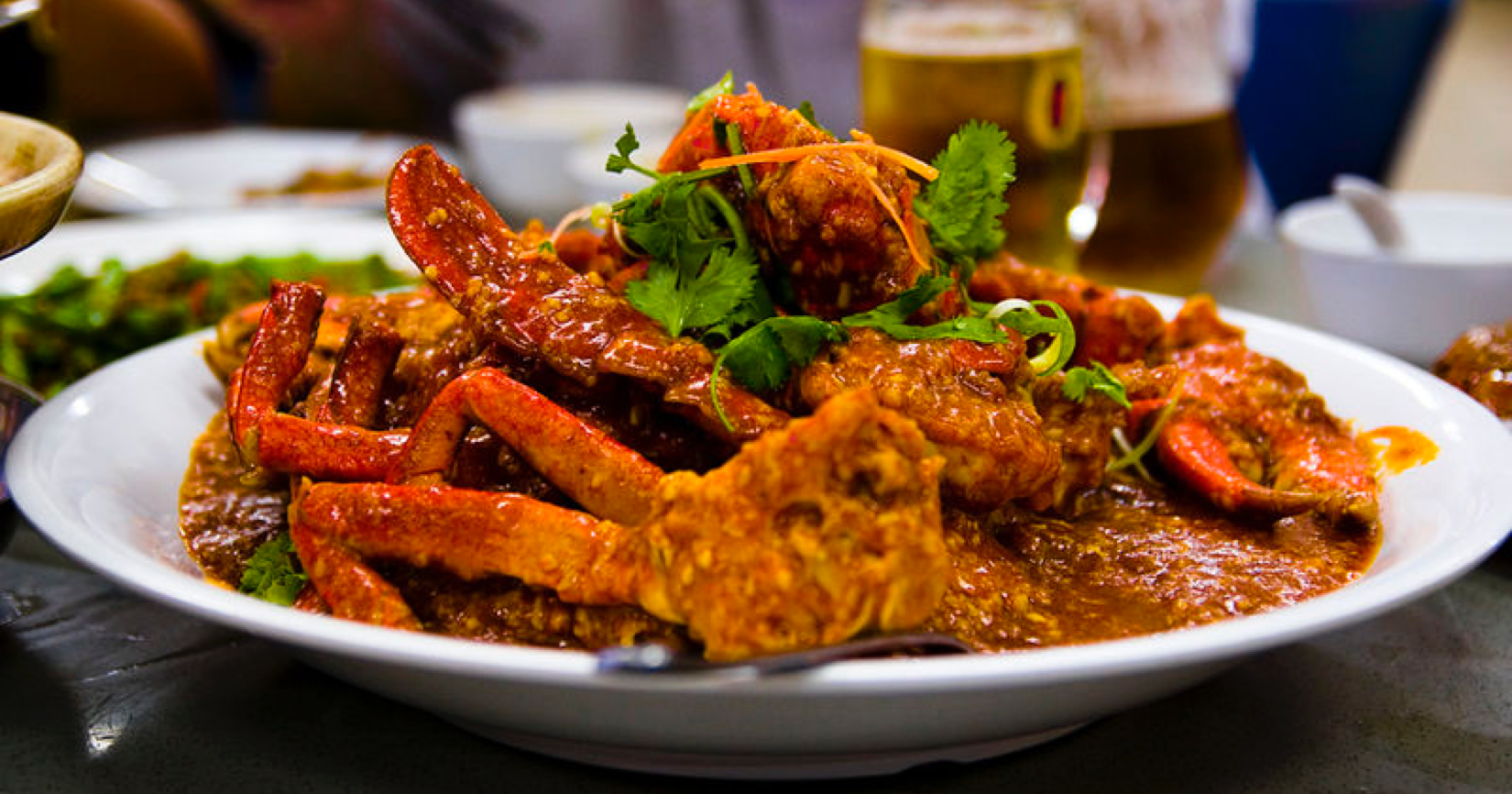The future of food looks bleak.
Thanks to looming problems like climate change and scarcity of resources, food production and security will come under threat.
That spells bad news for Singapore, as we import more than 90 percent of our food.
Formation of a new agency
To tackle these challenges, and ensure that hungry Singaporeans can eat safely, the government proposed the formation of a new organisation, the Singapore Food Agency (SFA).
Minister for the Environment and Water Resources Masagos Zulkifli emphasised that food security is fundamentally linked to Singapore's national security.
"This is critical because Singapore depends heavily on food imports," he said in Parliament on Feb. 12, during the second reading of the SFA Bill.
Although Singapore has made progress, the changing global situation means we cannot take food security for granted.
Problems ahead
Masagos shared some of the problems that Singapore will face:
- Global food demand is expected to rise by as much as 60 percent by 2050, due to a growing population and rising incomes.
- Resources like water and energy needed for food production are growing scarce.
- Climate change will affect production yields.
He gave the example of the rice crop, which becomes sterile if exposed to temperatures of 35 degrees celsius for just one hour during flowering season.
If a heatwave strikes rice-growing areas, such as the Mekong River Delta, rice production will fall drastically.
Besides climate change, politics may also threaten our food supply.
Masagos cited the example of Malaysia considering limiting their exports of eggs and seafood to Singapore in Dec. 2018.
Food disruptions could wreak havoc with food prices, like we experienced when eggs tripled in price following the 2004 avian flu outbreak.
No more mass poisonings
Aside from food production, food safety is also a concern.
Singaporeans will be wary after several cases of mass food poisoning occurred in recent months.
Masagos addressed the issue, and said that modern complex supply chains makes it more difficult for the authorities to identify the point of contamination.
Food poisoning could strike at different points, whether the handling by the restaurant, or even high level of pesticides used on the raw ingredients.
SFA's job
Currently, our food safety is overseen by three separate agencies.
- The Agri-Food and Veterinary Authority (AVA) looks after food safety during import, local production and manufacturing.
- The National Environment Agency (NEA) regulates food hygiene at the retail level.
- And the Health Sciences Authority (HSA) carries out analysis of food samples in its laboratories.
But the new SFA will consolidate oversight for these three different areas into one agency.
This will lead to a more efficient use of resources and a faster response time.
In addition to acting as a watchdog, SFA will also take the lead for new ideas to safeguard our food supply.
Masagos acknowledged that Singapore faces shortages in resources for food production, namely water and energy.
But just like how we tackled water scarcity, we can attempt the same for food. Advanced technology will be used in the farms of the future to ensure supply, such as climate-controlled environments.
Other ideas, such as plant-based protein and using insects for animal feed, will help in reducing our resource demands.
We need to adapt, or we might go hungry.
Related stories:
Top image via Wikimedia Commons by megawatts86.
If you like what you read, follow us on Facebook, Instagram, Twitter and Telegram to get the latest updates.
